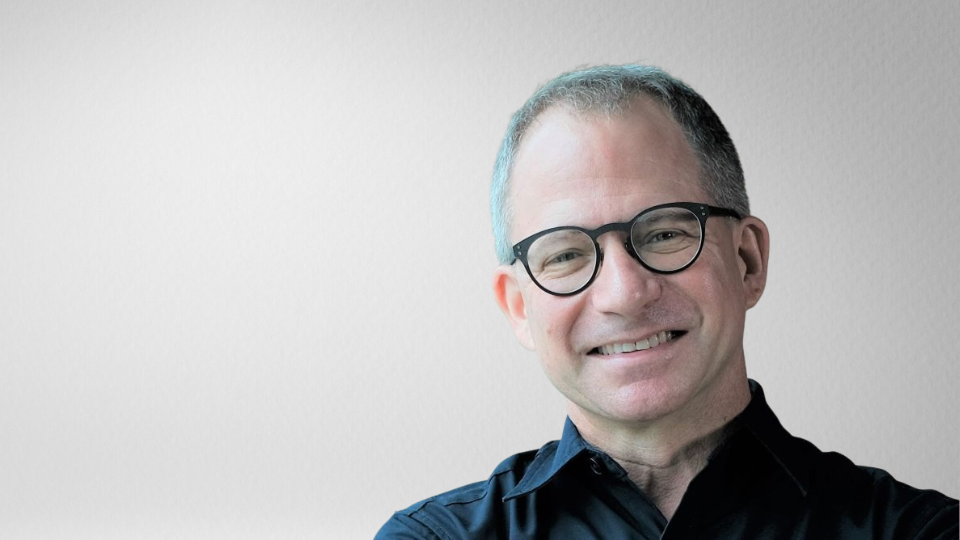In the era of globalization, the essence of ethical behavior is becoming increasingly important. Ethical principles are a moral foundation and an important factor influencing corporate image and cross-cultural relations.
The owner of PT Tigasatu Medika Solusindo, Christian Van Schoote, explained international business ethics in a guest lecture on Integrated Business Asia at the SBM ITB (1/11). According to Christian, there are three essential elements in business ethics. “the meaning of ethics, integrity, and morality,” said Christian.
Christian has researched how individuals voluntarily follow society’s moral norms in their function or specialization in their field. The research results are depicted in graphic form as an inverted “U.” The first graph to rise to the top depicts individuals from lower socioeconomic backgrounds who perceive society as unfair and believe that the system is inherently flawed.
In contrast, the downward trending graph depicts wealthy individuals who believe they can maneuver beyond the boundaries of established norms. This segment often adopts an invincible mindset, assuming they can act above the law and have the means to extricate themselves from any situation. These contrasting graphs not only depict economic status but also reflect the moral tendencies of each group.
This moral stance also extends to the behavior and perspective of large corporations. Often, large corporations demonstrate a moral compass that aligns with their quest for power and influence.
These large entities tend to undertake extensive lobbying efforts to maintain their monopoly positions and to eliminate or weaken smaller competitors. Their ethical viewpoint is more oriented towards self-preservation and market domination rather than pursuing healthy competition or the welfare of society.
The juxtaposition of these graphs serves as a visual representation of the differences in moral attitudes between different socioeconomic groups and the reflective moral behavior of major companies in the market. The gap in perceptions and ethical viewpoints between disadvantaged, prosperous, and powerful corporations underscores the complex interactions between morality, power, and economic standing.
Meanwhile, small-scale companies, such as start-ups and SMEs, often think that the system in their country is biased against them because they believe they cannot follow how the system works. Large corporations and political entities prioritize their interests without much consideration of morality.
Another fact is that, geographically, Asia is often considered to have the lowest ethical standards. America is in the middle, and the EU is considered the region with the highest moral standards.
At the lowest ethical level, the corporate world may exploit ambiguous areas without being discovered. In contrast, most ethical practices embrace a proactive and assertive stance, focusing on moral activism and leading with ethical propositions.
One of the cases is L’Oreal and Bodyshop. When they were first formed in 1976, they paid little attention to ethics in their business. Over time, these two large cosmetic companies achieved stability and made a lot of profits in 2006 because they tried to implement ethics and ESG in their business activities.
It is inherently difficult to be ethical in a business consistently, but it is essential for long-term survival. In international business ethics, it is important to remember that developing trust, being sensitive to cultural differences, and following moral principles are necessary for long-term success and maintaining global integrity and goodwill among all stakeholders.




